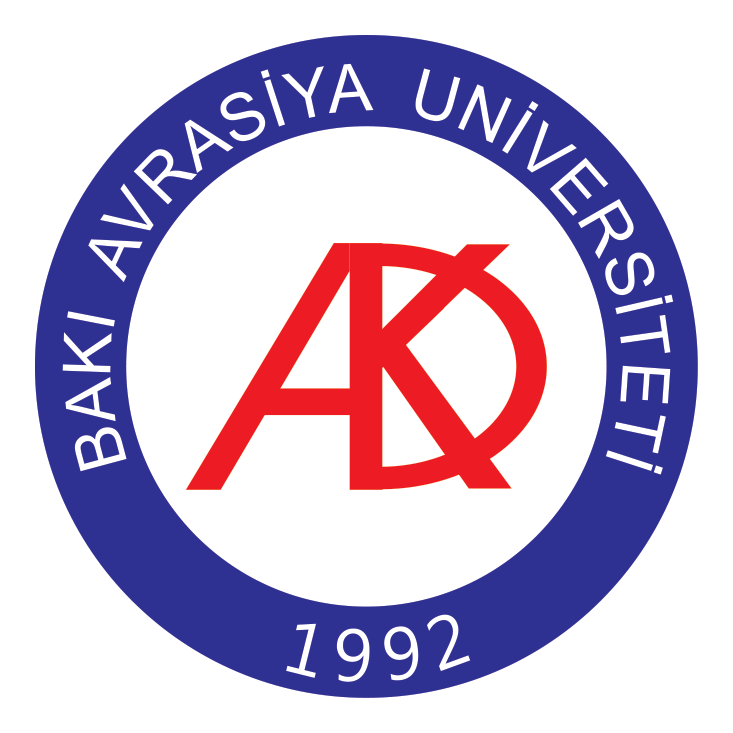Philology (English language and literature)
Upon graduation, students majoring in Philology acquire the following professional competencies, knowledge and skills:
- To have basic research skills in the field of philology (specialty language and literature);
- To develop knowledge and critical thinking about key concepts in the field of linguistics;
- To have a broad knowledge of the specifics, essence and functions of language;
- Origin of language and writing; stages of language development; language connections; principles of language classification; language system and structure; language levels; functions of language; to have a detailed knowledge of the relationship between language and speech, language and society, language and culture, and to master the existing theoretical knowledge in these areas;
- To gain general knowledge about language units and their functions in the speech process;
- To be able to master general methods and techniques applied in the field of linguistics and apply them in small-scale research;
- Knowledge of the history of linguistics, its development, current status and future prospects;
- To gain extensive knowledge of linguistic research objects;
- To apply the basic theoretical and conceptual issues of linguistics at the current stage of language development;
- Gaining the ability to apply the theoretical results of linguistics in practice;
- To be able to analyze literary and folklore samples;
- To get acquainted in detail with the scientific and theoretical literature written in the field of literature and folklore;
- Know the meaning of concepts and terms related to the specialty; be able to construct an argument and substantiate an argument; be able to analyze and synthesize information;
- Develop critical analysis as well as empirical and analytical research skills;
Training schedule of the specialty
Subject code |
Name of subject |
The number of credits |
|
I course |
|||
Autumn semester |
|||
| Rud941 | Business and academic communication in a foreign language | 5 | |
| End019 | Business and academic communication in the Azerbaijani language | 4 | |
| Dil025 | Introduction to Linguistics | 3 | |
| Ene240 | Oral folk literature (by country of specialization) | 3 | |
| End971 | Learned basic language 1 | 6 | |
| Ene211 | History of country literature 1 | 6 | |
| Com160 | Information technology (by specialty) | 3 | |
Summer semester |
|||
| Rud942 | Business and academic communication in a foreign language 2 | 5 | |
| Lit055 | Introduction to Literary Studies | 3 | |
| Com130 | Modern ICT and information security | 3 | |
| Tar170 | History of Enerbaijan | 5 | |
| End972 | Learned basic language 2 | 5 | |
| Ene212 | History of country literature 2 | 6 | |
| Mmt020 | Civil defense | 3 | |
II course |
|||
Autumn semester |
|||
| Rud943 | Business and academic communication in a foreign language 3 | 5 | |
| Lit381 | World literature 1 | 5 | |
| Ene319 | History of language | 3 | |
| Lit040 | Theory of Literature | 3 | |
| End973 | Learned basic language 3 | 6 | |
| Ene213 | History of country literature 3 | 5 | |
| Psx075 | Psychology | 3 | |
Summer semester |
|||
| Dil055 | General Linguistics | 4 | |
| Lit382 | World literature 2 | 5 | |
| Fel020 | Philosophy | 3 | |
| Loq020 | Logic and critical thinking | 3 | |
| End974 | Learned basic language 4 | 6 | |
| Ene214 | History of country literature 4 | 6 | |
| Met240 | Multiculturalism | 3 | |
III course |
|||
Autumn semester |
|||
| Ene100 | Country studies | 3 | |
| Lit383 | World literature 3 | 4 | |
| Ene215 | History of country literature 5 | 5 | |
| End003 | Stylistics and rhetoric | 3 | |
| End975 | Learned basic language 5 | 5 | |
| End581 | Text analysis | 5 | |
| Ene035 | Dialectology | 5 | |
Summer semester |
|||
| End976 | Learned basic language 6 | 6 | |
| Lit384 | World literature 4 | 4 | |
| Lit312 | Basics of mythology | 4 | |
| Lit315 | Poetics of fairy tales | 4 | |
| Ene401 | Work on texts | 6 | |
| Ene396 | Literary criticism | 6 | |
VI course |
|||
Autumn semester |
|||
| Ene318 | History of literary language | 6 | |
| Lit317 | Comparative literature | 3 | |
| Ene398 | Epic creativity | 4 | |
| Ene399 | Literary schools | 4 | |
| Dil015 | Ancient Turkish written monuments | 6 | |
| Ene311 | Poetics of classical poetry | 4 | |
| Dil035 | Ancient language | 3 | |
Summer semester |
|||
| Tec040 | Career planning | 5 | |
| Tec050 | Soft skills | 9 | |
| Tec060 | Hard skills | 10 | |
| Tec070 | Production experience / project | 6 | |





